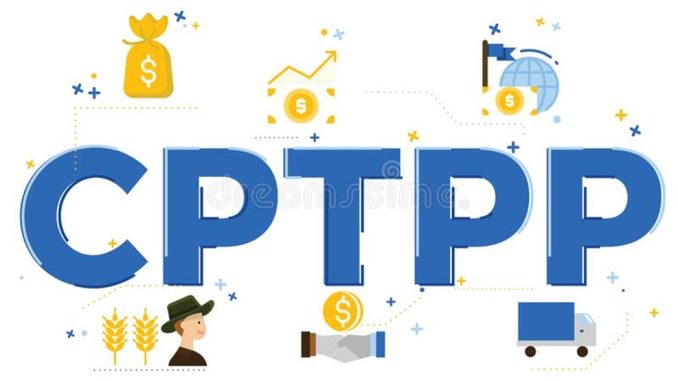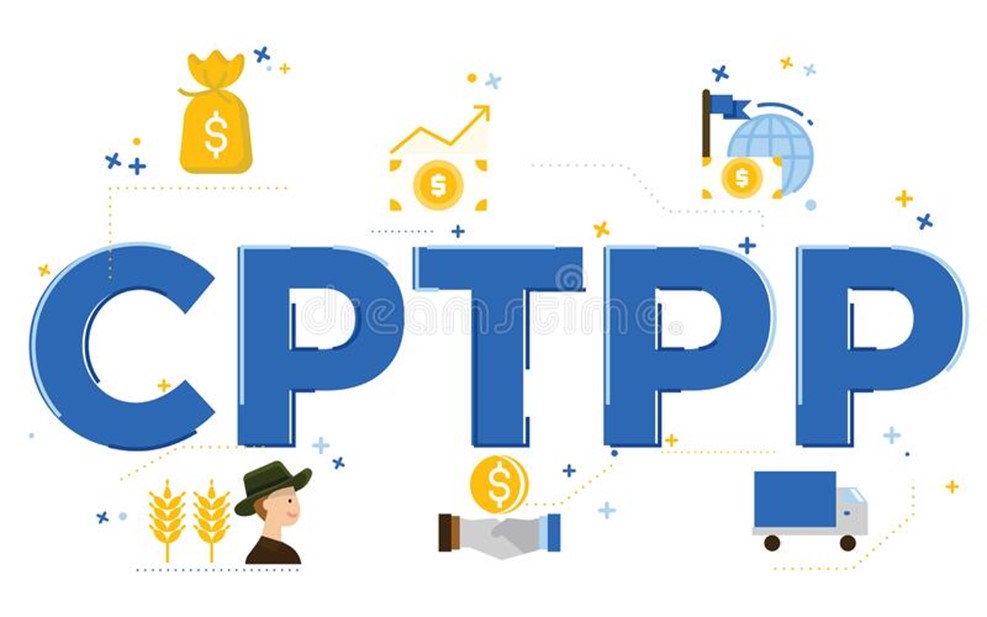
by Ralph Keller
The United Kingdom (UK) formally left the European Union (EU) on Jan 31, 2020. Here, I provide an update of how Brexit is (not) working out so far.
The once vocal Leaver camp have become curiously silent and mostly repeat the “taking advantage of our new freedoms” line, while the Remainer camp is as vocal as before. Recent opinion polls reveal widespread public opinion that Brexit was a mistake. Indeed, 55% of British people now think it was “wrong to leave”, whereas only 32% still believe it was “right to leave” (at the time of the referendum, “Leave” won with 51.89% of the vote).
Evidently, Brexit is not working out as Leavers had envisaged, and they have now realized that their vision of how great Brexit was going to be for the nation has not panned out. This much is clear, and so a “private discussion” titled “How can we make Brexit work better with our neighbours in Europe?” took place during a two-day gathering in March 2023. High-level Leavers and Remainers participated, among them Keir Starmer, current leader of the Labour Party, and Prime Minister Rishi Sunak. The meeting, “held in high secrecy”, was to “address the failings of Brexit and how to remedy them”. Information that leaked boils down to mere rhetoric, such as “that there was now a view among some at least, that so far the UK has not yet found its way forward outside the EU” and “that Britain is losing out, that Brexit it not delivering, our economy is in a weak position”. It is unsurprising that the meeting “dwelt heavily on the economic downside to the UK economy at a time of global instability and rising energy prices”.
The economic situation has not changed since the meeting and the Office of Budget Responsibility projects that the UK’s GDP per capita will decline by 4% between now and 2031. Moreover, a study undertaken “by the Centre for European Reform (CER), shared with The Independent”, shows that the UK economy is 5.5% smaller than it would have been if the country had remained in the EU. This corresponds to a £33 billion loss of trade that has already hit the economy. But Leavers rejoice because the UK joined the Asia-Pacific trade bloc called the Comprehensive and Progressive Agreement for Trans-Pacific Partnership (CPTPP). Joining the bloc boosts the UK economy by a projected £1.8 billion over 10 years, which corresponds to about 0.08% of the UK’s annual GDP. This will never make up for the loss arising as a consequence of Brexit, even if the £33 billion trade loss is grossly inflated.
Unsurprisingly, trade secretary Kemi Badenoch hailed the deal as reflecting newly-acquired “post-Brexit freedoms to reach out to new markets around the world and grow our economy”. And Rishi Sunak praised the deal saying that “[w]e are at our heart an open and free-trading nation, and this deal demonstrates the real economic benefits of our post-Brexit freedoms.” This is again mere rhetoric, especially when one asks what the alleged benefits are. Do they include the freedom from meddling by EU courts, such as the Court of Human Rights? Frederick Cowell of Birkbeck College writes that the Brexit deal locks the UK into continued court membership.
Or do they include the freedom that UK fishermen have gained, i.e., that EU fisheries are no longer allowed in UK waters? As I wrote previously, fish have migrated from warmer UK waters to colder EU waters because of global warming, but UK fishermen are no longer allowed in those waters.
Or do they include the freedom that the UK now enjoys when forging its own trade deals, (which is the Leave camp’s favourite mantra)? Before Brexit, there was nothing to stop the UK from forging its own deals with countries outside the EU.
Or are they the freedom to join the colourfully named CPTPP, which imposes its own rules on the UK? Sam Lowe, of Flint Global advisory firm, said that, “given the UK will seemingly join [CPTPP] without significant changes to EU-inherited regulations, it also demonstrates that EU and CPTPP regulatory approaches are compatible.” Hear, hear! The EU’s all-so-evil trade rules are now the UK’s best friend?
Credit: www.dreamstime.com
This sounds like mockery. Alas, joining CPTTP is no laughing matter because the deal includes a clause that has serious long-term consequences. The Trade Union Council general secretary, Paul Nowak, stresses that “[t]his deal allows multinational corporations to sue the UK government in secret courts for introducing policies which threaten their profits—this could include an increase in the minimum wage or bringing energy companies back into public ownership.” So much for “freedom to make our own laws”—the freedom to sign away government supremacy, to be held ransom by the people that control production. Production of value for value’s sake now rules supreme, for example in the form of being able to sack, without fearing the consequences, almost 800 fully-employed workers unlawfully, as happened at P&O Ferries in 2022.
Workers’ rights are being further eroded by joining CPTTP, whereas workers had a higher degree of protection while the UK was part of the EU. For example, a working-time directive stipulated a maximum number of working hours per week. Joining CPTTP is likely to make the everyday struggle for freedom harder than it already is. The mantra “we now enjoy the freedom to make our own laws” means nothing but “we now have the freedom to wage war on ordinary people in the UK”.



Earthquake: Tories lose more that 1,000 seats in Local Elections
Local elections took place in England yesterday. Votes are still being counted as of writing this post, but here it is: the Tories lose more than 1,000 council seats.
https://www.bbc.co.uk/news/live/uk-politics-65147839
It is notworthy that the LibDems and the Green Party combined have a larger gain than labor, for which there are two reasons, IMO: 1) LibDem and Green were the only clear-cut Reamin parties; and 2) Labour did not win more councli seats because it had to contend with sexism and anti-semitism within the party.
One might think that Brexit has been largely a bureaucratic and an uncerimonious affair. But this is far from the truth IMO: we have had a recent wave of strikes across the country. Granted, the reasons for the strikes were not caused by Brexit, but Brexit certainly made the cause worse. Working people have now realised that the promised land is nowhere to be seen, and instead things got worse. It is not only worsening services from the NHS — the exact opposite of what was promissed; it is not only the untenable situation of having a custums border runnig through the Irish Sea; it is not only the never-ending lorry queus at Dover.
While IMMMO the recent Tory shenanegans of how not to run a country play a part, the election result very much so materialised because of the relaisation among ordinary people that working and living conditions have detoriorated, and are not rebounding as much as in EU countries. But I fear that the Tories now do as much damage as they can, thinking: “we are going to lose No. 10 anyway, so let’s go on a rampage”.